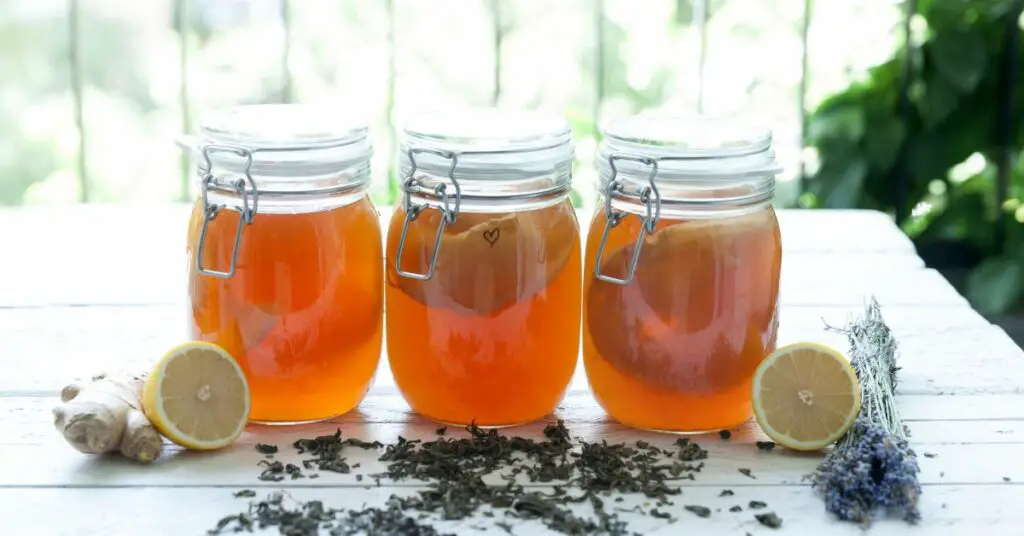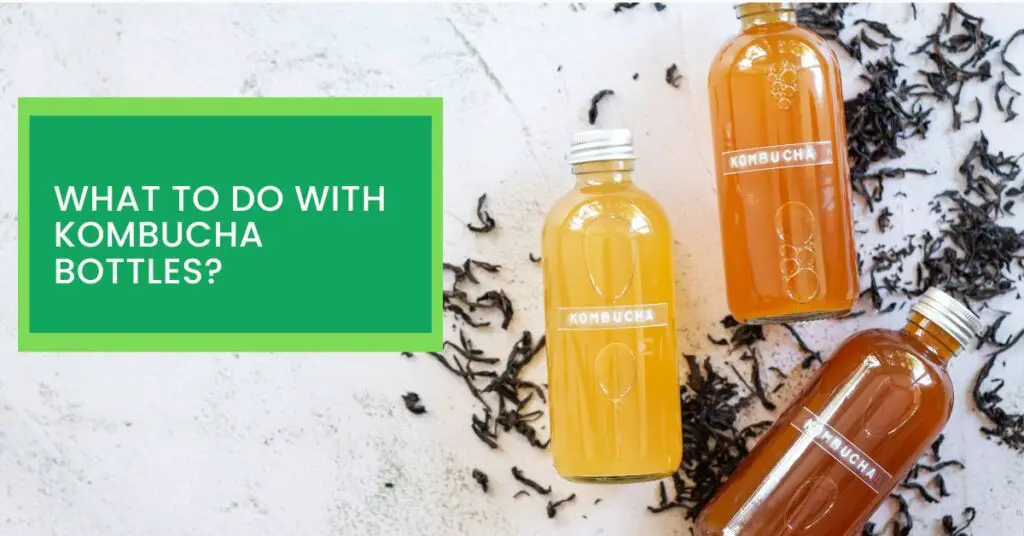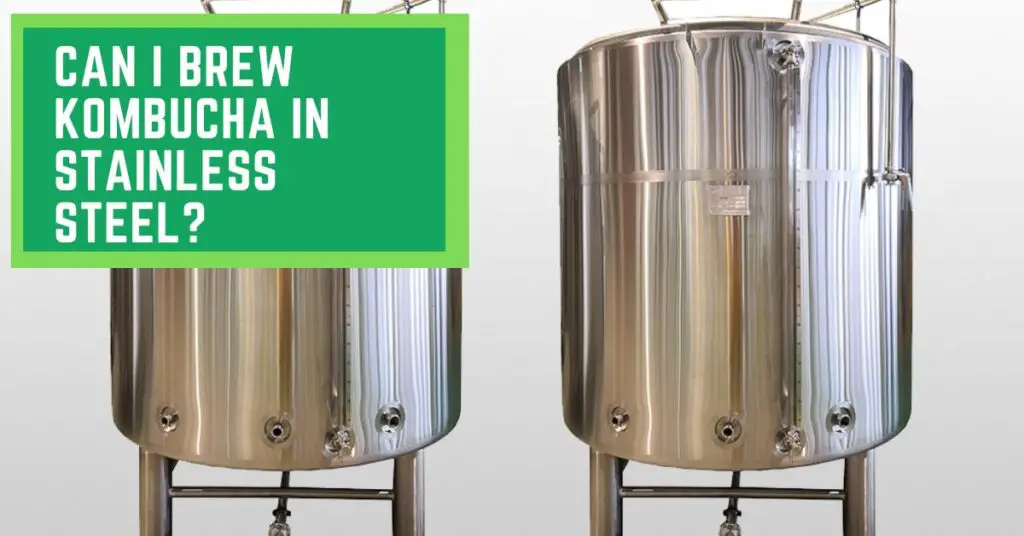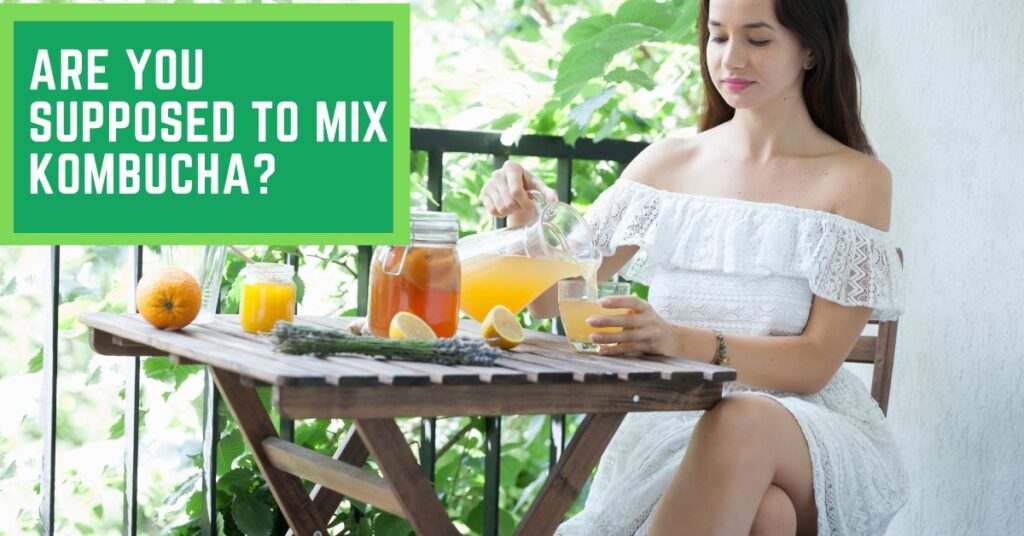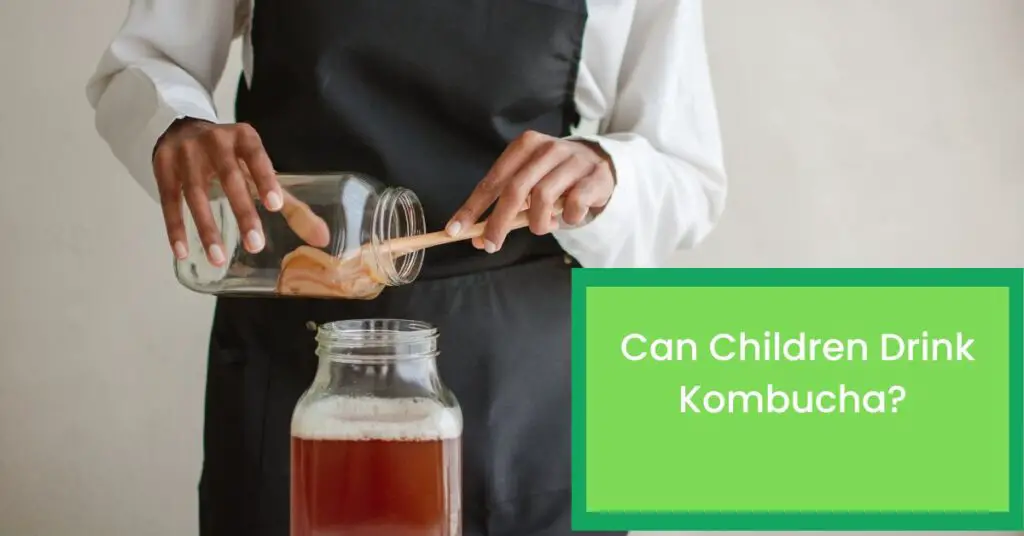As you know, kombucha is a fermented beverage. The fermentation process is what gives kombucha its slightly sour taste. In order to make sweet kombucha, you will need to add sugar to the mix.
The best type of sugar is white cane sugar. You can also use honey, agave nectar, or simple syrup. The fermentation process will consume the sugar, so you don’t have to worry about the kombucha being too sweet.
In this article, we will discuss adding sugar to sour kombucha. We will also give you tips on making sure that your kombucha turns out delicious!
What is Sour Kombucha?
Sour kombucha is a fermented tea with a slightly sour, vinegary taste. It is made by adding a culture of bacteria and yeast to sweetened tea and allowing it to ferment for a period of time.
This fermentation process creates beneficial probiotics, which are live microorganisms that can provide health benefits when consumed.
Sour kombucha has become increasingly popular in recent years as a health drink due to its probiotic content and its slightly tart, refreshing flavour. It can be enjoyed on its own or used as an ingredient in cocktails or other drinks.
The Benefits of Drinking Sour Kombucha
As more and more people are becoming interested in probiotics and gut health, kombucha has been gaining popularity as a healthy beverage choice.
Some of the potential benefits of drinking kombucha include:
1. Improving gut health: The probiotics in kombucha can help to improve gut health by restoring balance to the digestive system. They can also help to reduce symptoms of digestive disorders such as irritable bowel syndrome (IBS).
2. Boosting immunity: The probiotics in kombucha can help to strengthen the immune system by fighting off harmful bacteria and viruses.
3. Detoxifying the body: The organic acids in kombucha can help to detoxify the body and improve liver function.
4. Improving mental health: The probiotics and vitamins in kombucha can help to improve mental health by reducing stress and anxiety.
5. Reducing inflammation: The anti-inflammatory properties of kombucha can help to reduce inflammation throughout the body.
If you’re looking for a healthy beverage option that is packed with health benefits, kombucha is a great choice!
How to Sweeten Sour Kombucha?
If your kombucha has gotten a little too sour for your taste, there are a few ways you can sweeten it up.
You can add fruit juice or honey to the kombucha when you bottle it, or you can add a sweetener directly to the kombucha while it’s fermenting. If you’re looking for a non-sugar sweetener, you can try stevia or monk fruit extract.
Here are some tips on how to sweeten sour kombucha:
1. Add fruit juice or honey when you bottle the kombucha.
2. Try using a non-sugar sweetener like stevia or monk fruit extract.
3. Use a different type of kombucha culture to make a sweeter kombucha.
4. Try adding fruits or spices to the kombucha to mask the sourness.
5. Balance out the flavours by adding more herbs or spices to the kombucha.
Troubleshooting Problems with Sour Kombucha
If your kombucha isn’t souring, it’s likely due to one of two things: either the fermentation process hasn’t gone long enough, or the kombucha wasn’t properly sealed during fermentation.
If it’s been more than a week since you started fermentation and your kombucha still isn’t sour, open the jar and check the SCOBY. It should be floating at the top of the kombucha and have a slightly sour smell. If it doesn’t, give it a few more days and check again.
If the SCOBY looks healthy, but your kombucha still isn’t sour, it’s likely due to improper sealing. Fermentation requires an airtight seal, so if there’s any way for oxygen to get in, the process will be halted. Check your jar to make sure it’s sealed properly, and try fermenting again.
If your kombucha is too sour, it likely means that fermentation went on for too long. To fix this, you can add sweeteners like honey or fruit juice to balance out the flavour. Start by adding a small amount and tasting as you go until the desired flavour is achieved.
Recipes for Using Sour Kombucha
1. Use sour kombucha as a marinade for chicken or pork. Simply combine equal parts kombucha and your favourite savoury marinade recipe. Let the meat sit in the mixture for at least an hour before cooking.
2. Make a refreshing summer salad by combining chopped cucumbers, diced tomatoes, and sliced onions with kombucha-based dressing. Simply whisk together kombucha, olive oil, vinegar, garlic, and salt to taste.
3. Add some zing to your guacamole by stirring in a few tablespoons of sour kombucha. The acidity of the kombucha will brighten up the flavours of the avocado and other ingredients.
4. Use kombucha in place of vinegar in your favourite coleslaw recipe. The slightly sweet and tangy flavour of kombucha will add an extra layer of flavour to the dish.
5. Make a fruity kombucha sangria by combining kombucha, white wine, and your favourite fresh fruit. Let the mixture sit for a few hours so that the flavours can meld together. Serve over ice, and enjoy!
Frequently Asked Questions Related to Adding Sugar to Sour Kombucha
1. Is it okay to add sugar to kombucha?
You can add any type of natural sugar, including sugar, to kombucha. The important thing is to make sure the sugar is dissolved completely before adding it to the kombucha.
You can do this by stirring it in or heating it until it dissolves. Also, make sure you don’t add too much sugar at once, as this can cause the kombucha to become too sweet and may prevent it from fermenting properly.
2. What do I do if my kombucha is too strong?
If your kombucha is too strong, you have a few options. You can use it as a starter for your next batch of kombucha, you can make apple scrap vinegar with it, or you can use it as a facial toner. Each of these options has its own benefits, so choose the one that fits best with your needs.
3. Can you add sugar to kombucha’s second fermentation?
You can add fruit or fruit juice, but too much sugar will stop the fermentation process, and you’ll be left with a sweet, fizzy drink. A little sugar is okay, but too much will prevent the kombucha from becoming carbonated and could also lead to spoilage.

